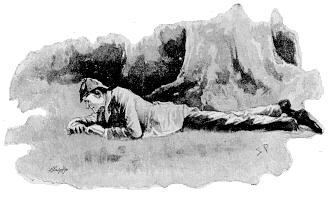
A couple of months ago I tried to spotlight the fallacious circularity at the heart of historical Jesus studies by describing what it would mean if detectives were to use the same starting assumptions in relation to their evidence as biblical scholars use when studying the historical Jesus. (Biblical Historians Make Detectives Look Silly.) One biblical doctoral scholar regularly complained that my analogy was not valid because I “made it up”. Well, of course I made up the analogy. I had no choice. Detectives are not really so silly as to approach evidence the same way HJ scholars do. They would only be that silly if they approached criminal evidence the way historical Jesus scholars approach biblical evidence.
Now on my iPhone some months back I downloaded the collection of Sherlock Holmes stories, and I have since read quite a number of them commuting to and from work. After reading a dozen or more of them I am getting a feel for how to predict where and among which characters Sherlock Holmes is going to find his culprits.
The stories all start with either a mysterious set of facts or a narrative that seems on the face of it to point to but one conclusion but that Holmes realizes is not the solution at all.
It’s all clever stuff. Holmes pieces this little clue here with that little clue there. Generally, he will go out of his way to do extra research that takes him away from the immediate scene of the crime and return with fresh insights that astound the mystified.
What he is attempting to do is re-create what happened.
Sherlock Holmes is attempting to solve fictional narratives. And I’m not the only reader, no doubt, who attempts to enter the game and attempt to solve things before they are all revealed at the end.
Historians, on the other hand, can generally see what has happened, and seek to explain why or how it happened. Continue reading “Detectives make biblical historians look like Sherlock Holmes”
